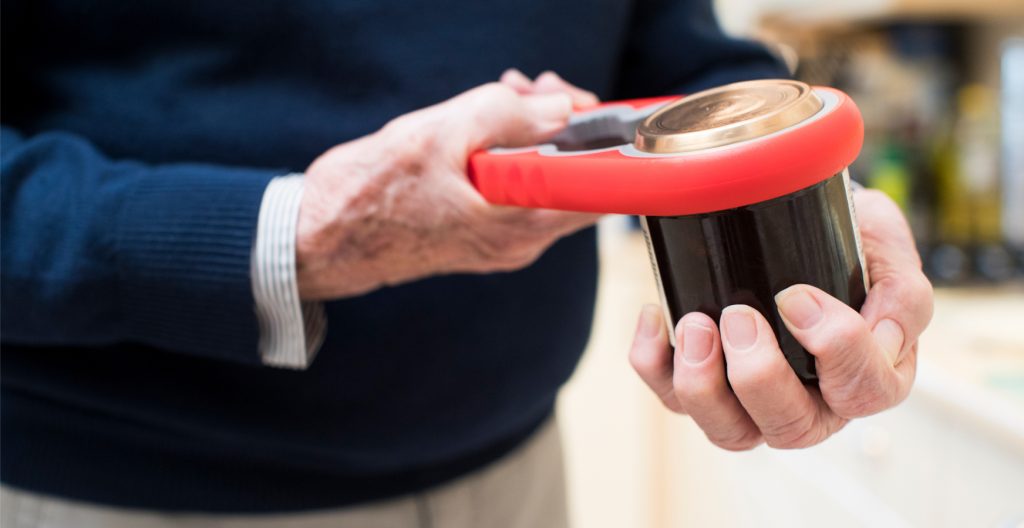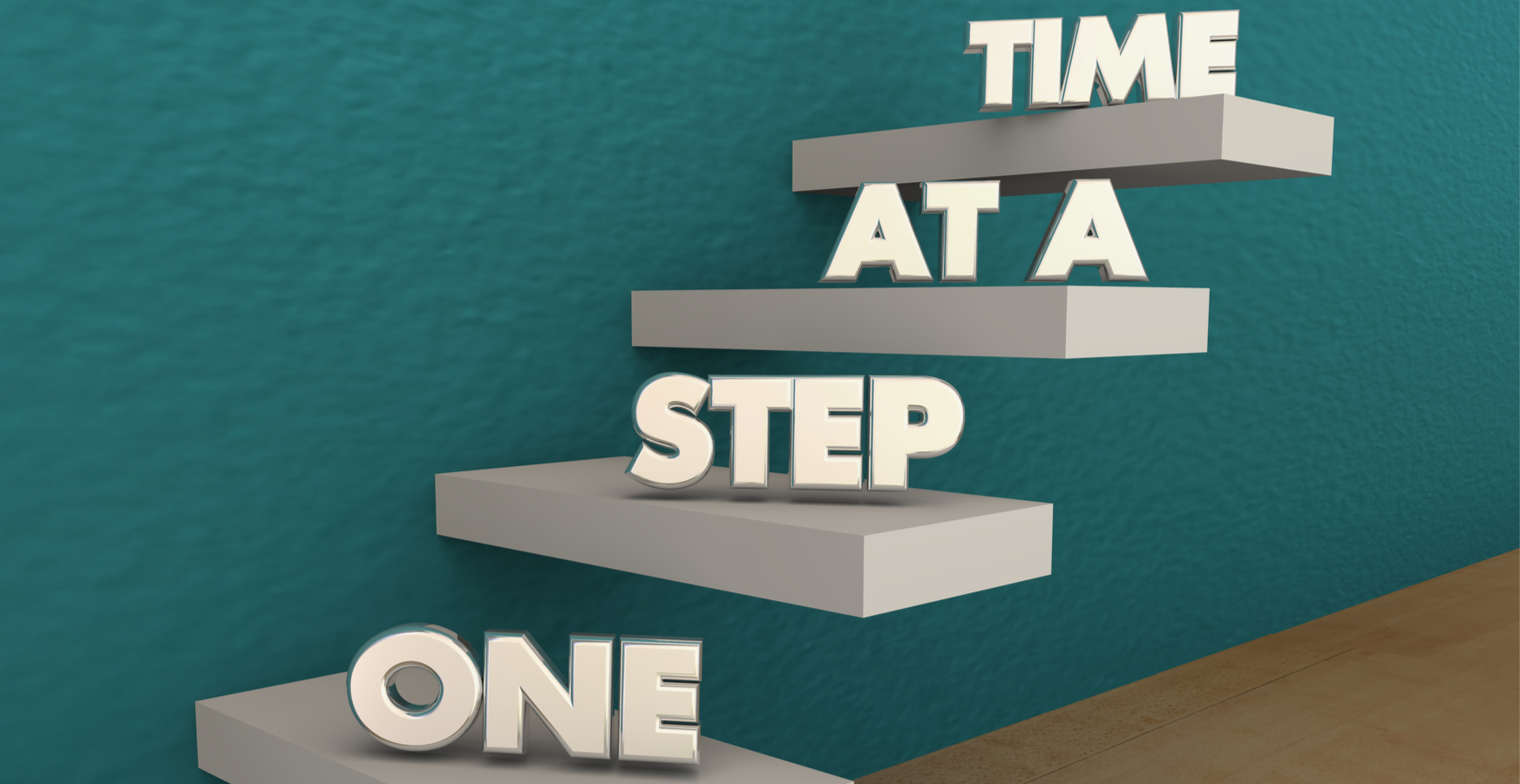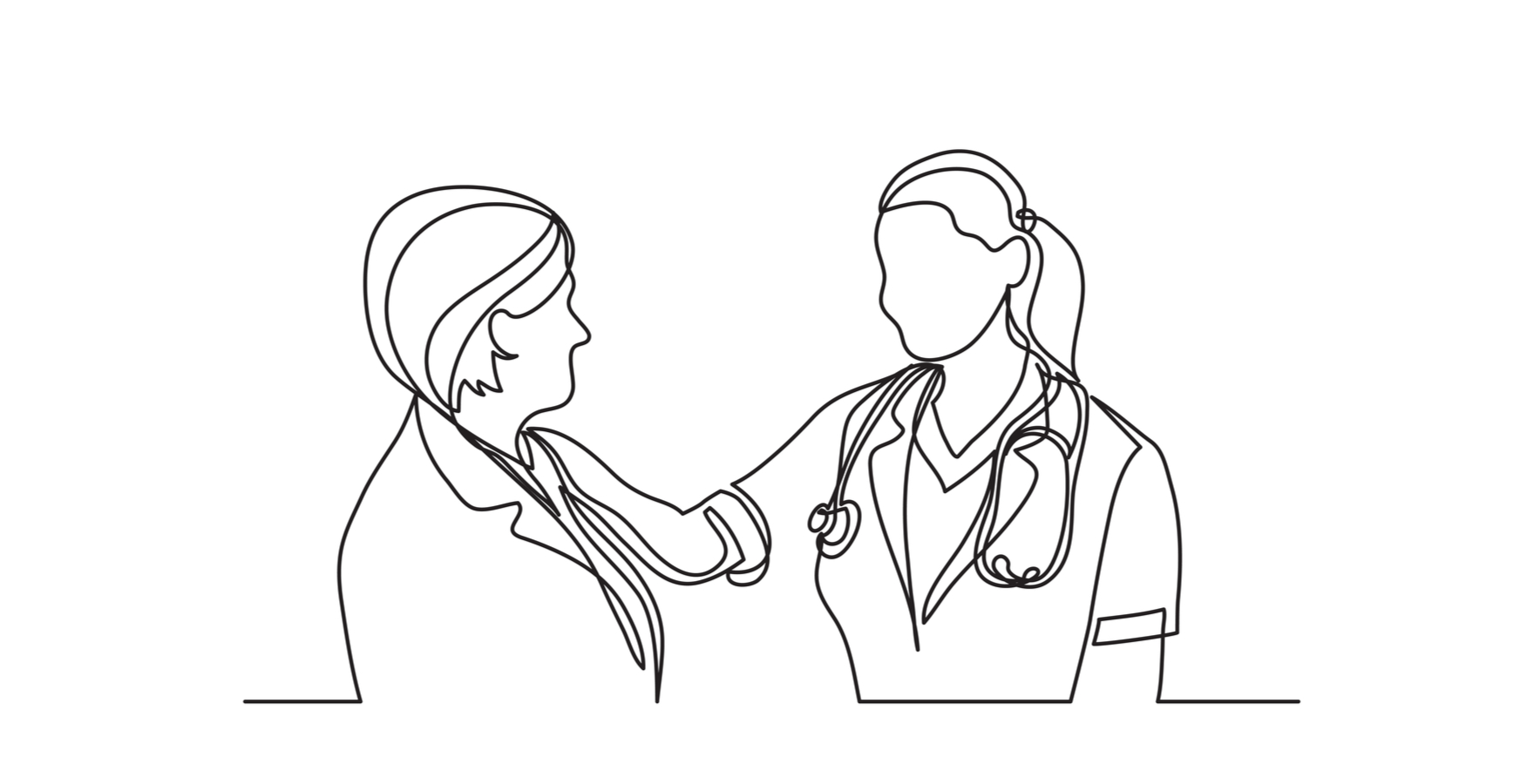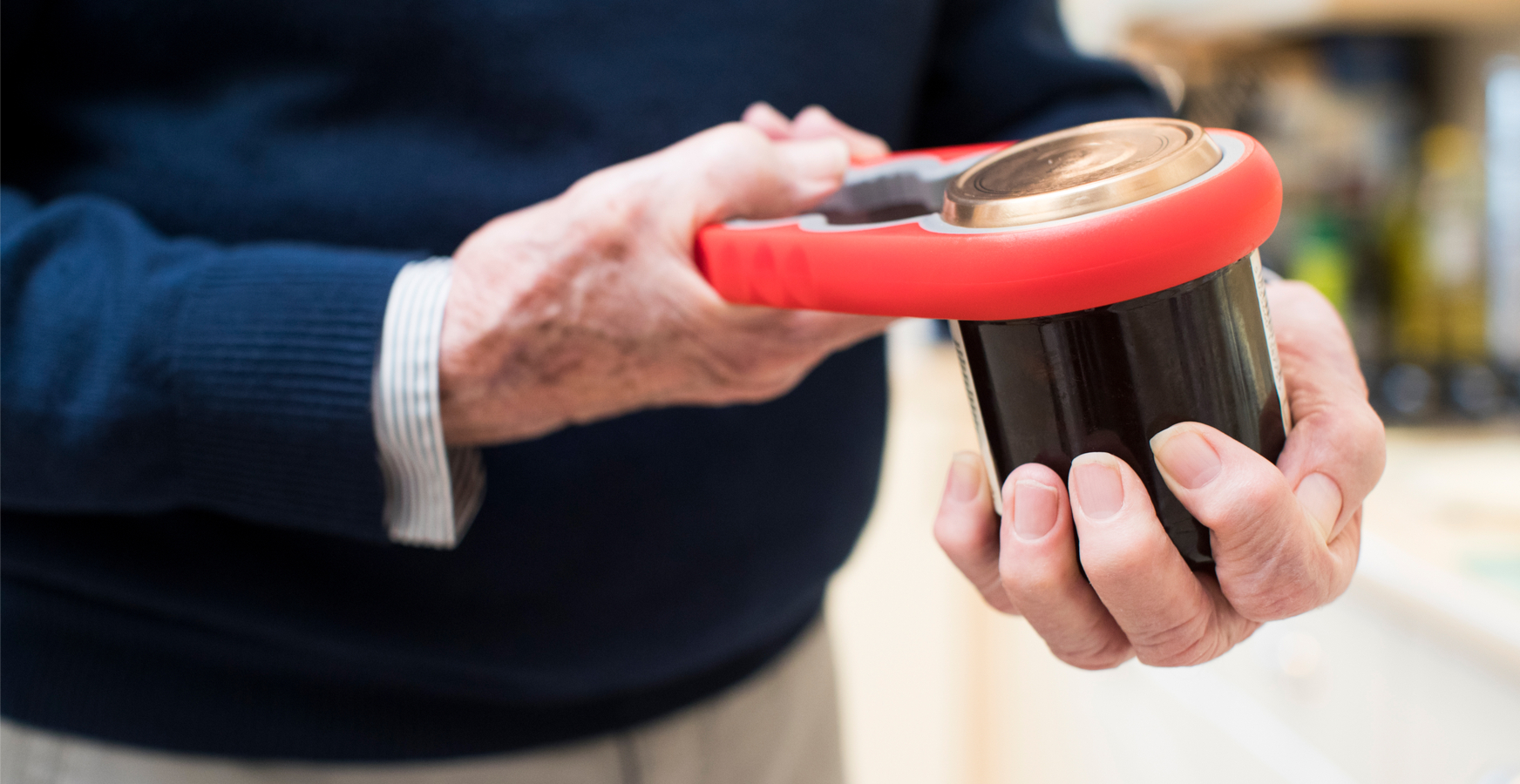With very little warning one of my discs prolapsed and I was thrown into the world of disability. Getting dressed was incredibly painful and I could no longer lean down to put my socks and shoes on. Having a bath was impossible, and doing anything in the kitchen caused excruciating pain, as did sitting down on the settee! I was fortunate that I had a partner to help support me, but I desperately wanted to remain independent, the only trouble was this world of disability was new to me and I had little idea about the disability aids that could help me.
For the first four years following my accident I was treated by a number of physiotherapists, and other healthcare professionals, but apart from being sent home from hospital with a perching stool, and being told to buy a lumbar roll and a wedge cushion, nobody during those first four years (as far as I can remember) gave me any specific advice about disability aids, or signposted me to information about them or to anyone who could help further.
My story is echoed in the experiences of many other people either new to disability or having already suffered for some time, at least in my locality. Some have been lucky and have been given support from an occupational therapist, maybe after sitting on a waiting list for quite some time.
I suffered disabling back and sciatic nerve pain and I spent the first few months after my accident barely able to walk, sit or stand. I have been on a journey since then regaining my independence and functional ability. Along this journey I suffered additional physical problems which hampered my progress. Coinciding with my back surgery I suffered from a left shoulder impingement, which was at times excruciatingly painful. This left shoulder impingement took a few years to resolve, only to be followed by my right shoulder impinging!
Ten years on, although I still live in chronic pain and have to be careful what I do, with the help of some aids, adaptations and assistance I am pretty much independent.
I was fortunate to have received some money from a personal injury claim, much of which I spent on making adaptations to my home and buying various aids, adaptations and help. Some of these ‘aids’ were purpose made for disability, whilst others were everyday items sourced from the internet, often from different countries, which helped my particular physical situation.
It took me a while to get going on adapting my house, and researching aids that might help, partly because my personal injury claim took around three years to resolve, and partly through lack of knowledge. I have been lucky that I haven’t needed a wheelchair, or anything like that, so haven’t needed to make large modifications to my home. I did pay for my garden to be re-designed to give me the best chance for me to be able to look after it, and for a specialist armchair which was more comfortable for me than my original. I bought an electric bed, with the best possible mattress for my condition. As well as large adaptations, I sourced electric jar openers, very lightweight bags (I have a problem carrying things), wheeled briefcases, cushions, socks, travel crutches and the list goes on. Although not every purchase has been successful (you have no idea how many different types of cushions and socks I have bought to try(!)), overall they have helped my situation significantly.
Taking the time to think about and research aids and adaptations has made a huge difference to my ability to not only be independent in my own home, but also when travelling and in the workplace. I strongly recommend to anyone with any kind of disability to think about what it is they are finding difficult to do on their own, and then, with help if need be, to research aids and adaptations that may help them. Although many are expensive, many can be bought cheaply.
In terms of where specialist disability aids can be bought, I use Amazon for a lot of my items (try typing ‘disability aids’ in), or if you type ‘disability aids’ into Google you will come up with various different sources. In the UK if you have a long-term medical condition or disability you can buy specialist disability aids VAT free.
Click on the pictures to learn more about each strand
More Information


























